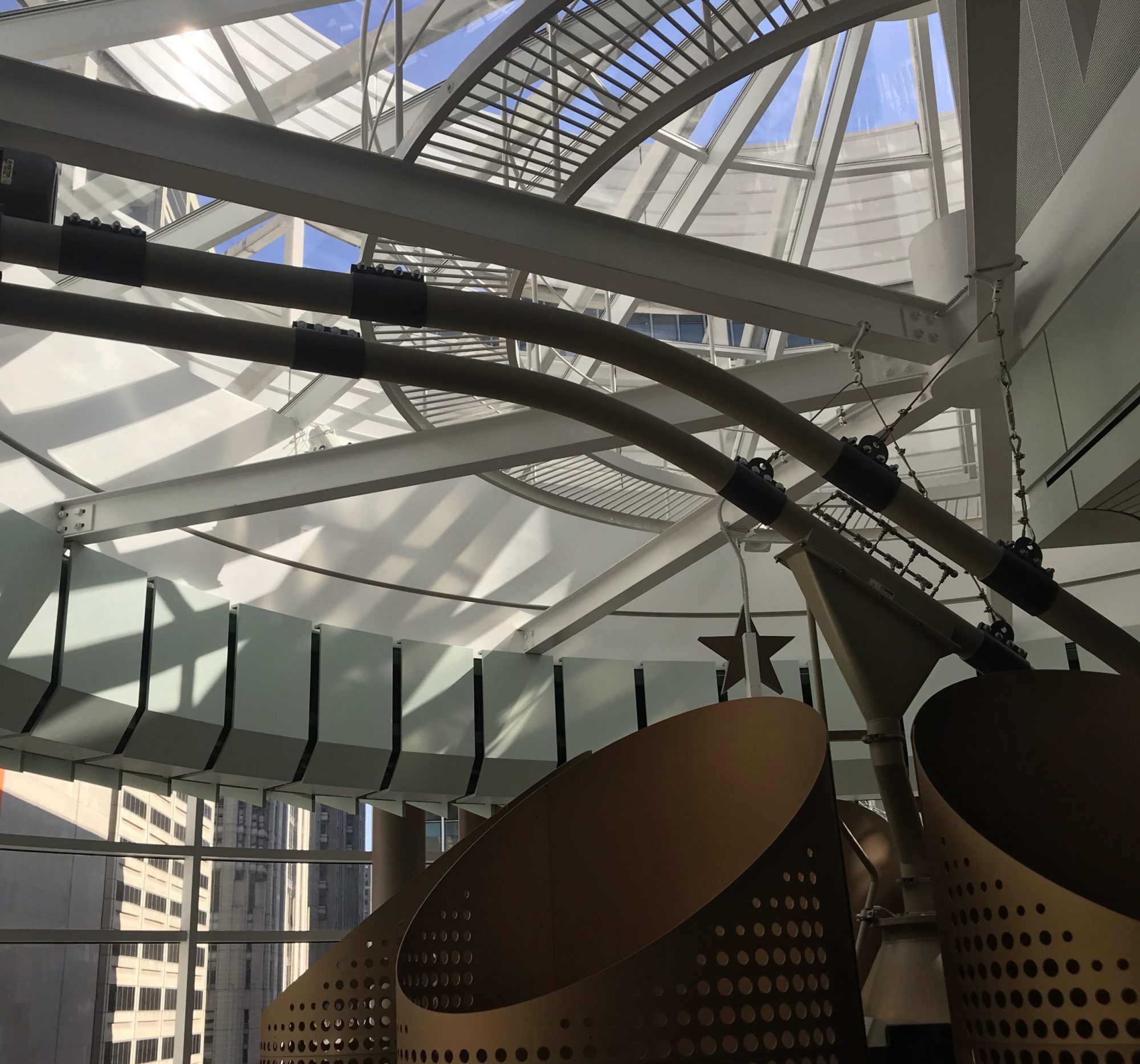I am not going to take up this post trying to define what the line between true space opera and science fiction actually is–I don’t have the patience for that when the landscapers have unexpectedly started up outside on a holiday and really, it would be yet another rabbit hole that I’ll probably jump down in another post somewhere along the line. For my purposes, I’m collecting both into one bucket to talk about it, in part because I know there are people out there that would try to draw a line between them and while a line probably exists, it’s all semantics anyway when 90% of the time when talking about genre in a bookstore (virtual or otherwise), it’s all collected into the broader “sci-fi and fantasy” category anyway. It’s all speculative fiction and it’s all storytelling, regardless.
In the past few days, I’ve found myself trying to decide what to pick up and read again, what series I have on my to watch list and haven’t yet (I’m looking at you, Strange New Worlds and The Expanse–and before anyone @’s me, I’ve watched some of The Expanse, just not all of it, and I haven’t started Strange New Worlds because I just haven’t yet and it’s because I don’t want to multitask while I watch them and I am in a constant state of multitask) and that’s brought me to a bunch of scattered thoughts.
One thing that I’ve come that I appreciate the older I get and the more I experience is the vast richness of history that is often built into many of the longest-lasting worlds and series in the genre. I say series deliberately, because I very rarely find myself immersing myself in science fiction or space opera where there isn’t a series involved. I would even argue that two of my favorite books in the genre–LE Modesitt’s The Parafaith War and The Ethos Effect–are a series in this way, though I’ll admit that both weave a sense of place and history into the narrative that would fit my interests anyway. I grew up on Star Trek: The Next Generation (thanks Mom) and then branched out on my own into other series as I grew older. I was the nerdy one in the back of the bus, reading a book–sometimes a Star Trek novel, then increasingly Star Wars and a lot of fantasy through middle school and high school. In some ways, those were gateways to things like Shadowrun, Battletech, Jack McDevitt’s Alex Benedict series, the aforementioned Parafaith War and Ethos Effect, Jack Campbell’s Lost Fleet series, the Honorverse (which I will admit that I’ve read very little of but someday intend to read more of), and so many more. I consumed Babylon 5, SeaQuest DSV, X-Files, Star Trek in all of its 80s and 90s flavors, the sadly short-lived Space: Above and Beyond, Stargate (both SG-1 and, for a time, Atlantis), and the reimagined Battlestar Galactica, which remains a favorite of mine and one of the few series I own in its entirety in multiple formats. There is a sense of scale to much of what I’ve read and enjoyed, a depth to the worlds they exist in that you as reader or viewer get in bits and pieces throughout the narrative. I often found myself hungering for more information, wanting to know more about the universes.
In the end, very little of what I consumed was singular–they were expansive, parts of a larger hole, a single episode in a sea of so much more. The depth and breadth of the storytelling available in a series, especially an extensive one with evident world-building behind it, is something that’s very attractive to both me as a consumer of the genre and a writer of it as well.
These reflections on what I’ve read and watched over the years have led me to some conclusions about my own work, in fact. I am constitutionally incapable of writing anything with a shallow history, and I will often get stuck if I can’t figure out how to fit pieces together, especially if I’ve decided that they’re important to the story. How events unfold in the present of a story is often informed by or echoes events in the past–this is something that I’ve learned as a historian: there are patterns to the world, and they’re not that hard to find. When you’re like me, and most of your work deals with the interesting things humanity could end up doing to itself, the need to be informed by not only the actual past but the past embedded in any kind of far-flung narrative future is something that’s always on the radar.
Which I suppose is to say that backstory–back history–is important and attractive and I appreciate it in so many ways as a consumer of the genre–because I feel like it makes the storytelling richer and the worlds more immersive and engaging. It can also be frustrating to me as a writer of the genre because sometimes there is just so much to figure out.
But the figuring out can definitely be fun, too.
